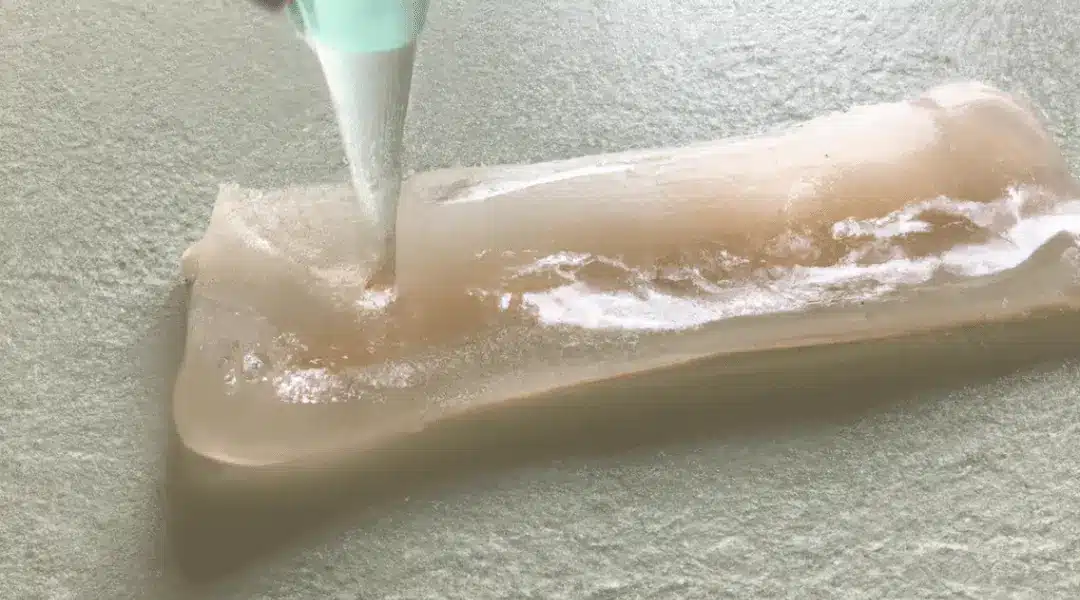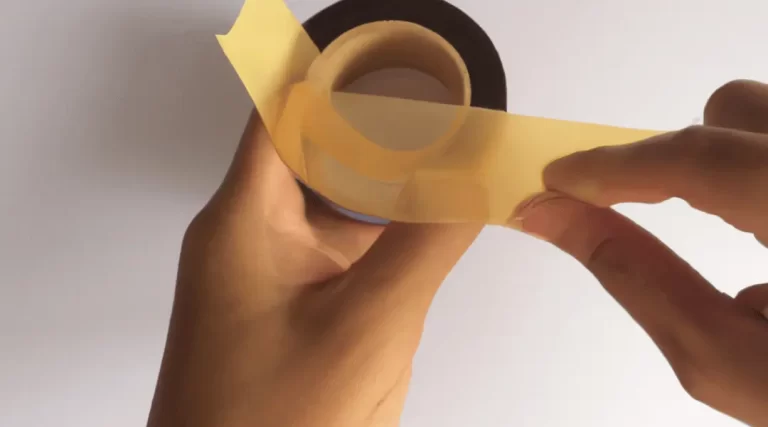Glue is an essential item in any household or workspace, used for various purposes such as craftwork, DIY projects, and repairing broken objects. However, have you ever wondered whether glue can freeze or not? In this blog post, we will discuss the pros and cons of freezing glue, and whether it is a good idea to do so.
Firstly, let’s understand what glue is made up of. Glue consists of a combination of polymers, resins, and solvents, which are mixed together to form a sticky adhesive. The adhesive properties of glue are due to the polymers present in it, which harden and bind the surfaces together when they come in contact with air.
Now, let’s move on to the question at hand – can glue freeze?
Does Krazy Glue Work on Metal?
Can Glue Freeze?
The answer to this question is – it depends on the type of glue you are using. Some types of glue can freeze, while others cannot. For instance, water-based glues can freeze, while solvent-based glues cannot freeze.
Water-based glues such as PVA glue, school glue, and white glue contain water as a solvent, which can freeze at temperatures below 32 degrees Fahrenheit. On the other hand, solvent-based glues such as cyanoacrylate glue and epoxy glue contain solvents such as acetone and alcohol, which have a lower freezing point than water and do not freeze easily.

So, if you are using water-based glue, there is a high chance that it can freeze if exposed to low temperatures. However, if you are using solvent-based glue, you don’t have to worry about it freezing.
Pros and Cons of Freezing Glue
Now that we know which type of glue can freeze, let’s discuss the pros and cons of freezing glue.
| Pros of Freezing Glue | Cons of Freezing Glue |
| Can prolong the shelf life of certain types of glue | Can cause certain types of glue to lose their effectiveness or change in consistency |
| May help prevent the glue from drying out or becoming too thick | May result in the glue separating or becoming clumpy |
| Can make certain types of glue easier to apply | Can cause condensation to form on the glue when it thaws, which can dilute the glue or affect its bonding ability |
| May help the glue bond more effectively | May lead to damage or degradation of the glue container or applicator if not properly stored |
| Can be a useful option for people who need to store glue for an extended period of time | Can be a time-consuming process, as the glue must be allowed to thaw completely before use |
| Can save money by reducing waste and allowing for longer-term use of the glue | May not be suitable for all types of glue or for all use cases |
Tips for Freezing Glue
If you decide to freeze your glue, there are some tips that can help you get the best results.
Firstly, make sure to store your glue in an airtight container to prevent it from drying out and absorbing moisture. This can help to maintain its effectiveness and prevent it from becoming grainy or diluted.
Secondly, before using frozen glue, make sure to let it thaw completely and come to room temperature. This can help to prevent condensation and ensure that the glue is at its optimal consistency.
Lastly, always test the glue on a small and inconspicuous area before using it on the final project. This can help to ensure that it is effective and that there are no issues with consistency or bonding strength.
Does Gorilla Glue Work on Plastic
Alternatives to Freezing Glue
If you are concerned about the risks and drawbacks of freezing glue, there are some alternatives that you can consider.
One option is to store your glue in a cool and dry place, away from direct sunlight and heat sources. This can help to extend its shelf life and prevent it from drying out or becoming less effective.
Another alternative is to buy smaller quantities of glue and use them up quickly, rather than storing them for long periods of time. This can ensure that the glue is fresh and effective, and that there are no issues with consistency or bonding strength.
Additional Tips and Tricks
Here are some additional tips and tricks that can help you get the most out of your glue:
- Always read the label and instructions on the glue before using it, to ensure that you are using and safely.
- When applying glue, use a thin and even layer to prevent excess glue from seeping out and causing a mess.
- If you accidentally get glue on your skin, wash it off immediately with soap and water, or use a designated glue remover.
- If you are working with delicate or porous materials, such as paper or fabric, use a glue that is specifically designed for those materials to prevent damage or discoloration.
If you are working with delicate or porous materials, such as paper or fabric, use a glue that is specifically designed for those materials to prevent damage or discoloration.
Is Hot Glue Toxic – Can We Eat Hot Glue
Conclusion
In conclusion, glue can freeze, but it depends on the type of glue you are using. Water-based glues can freeze, while solvent-based glues cannot freeze. Freezing glue has its pros and cons, and it is important to consider them before deciding whether to freeze your glue or not. If you do decide to freeze your glue, make sure to store it properly, thaw it completely before use, and test it on a small area before using it on the final project.
However, if you are concerned about the risks and drawbacks of freezing glue, there are alternatives that you can consider, such as storing it in a cool and dry place or using smaller quantities.




